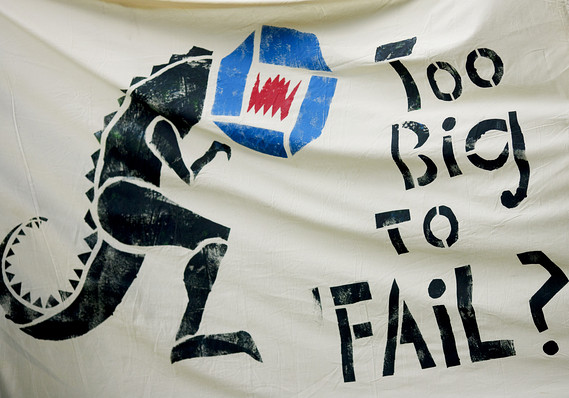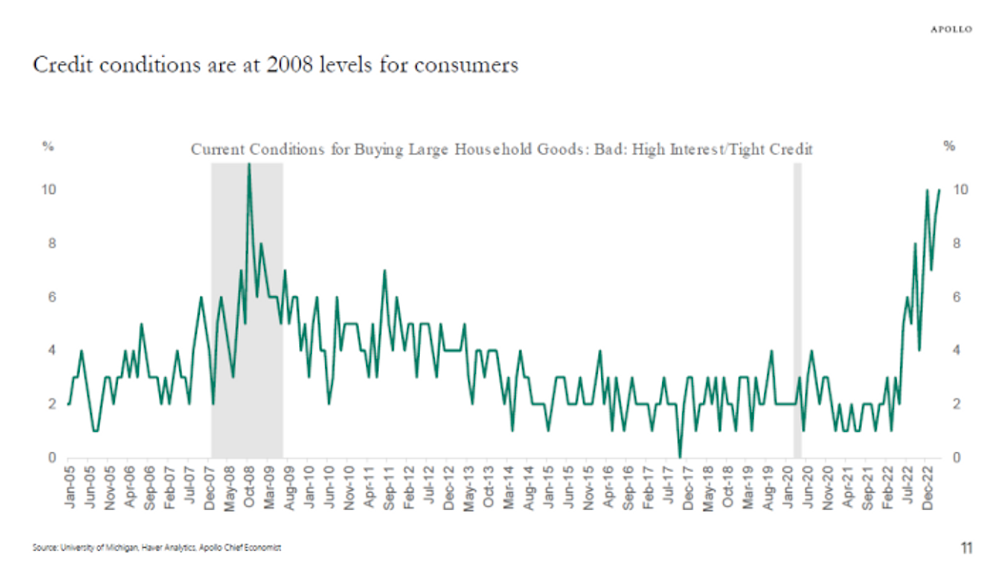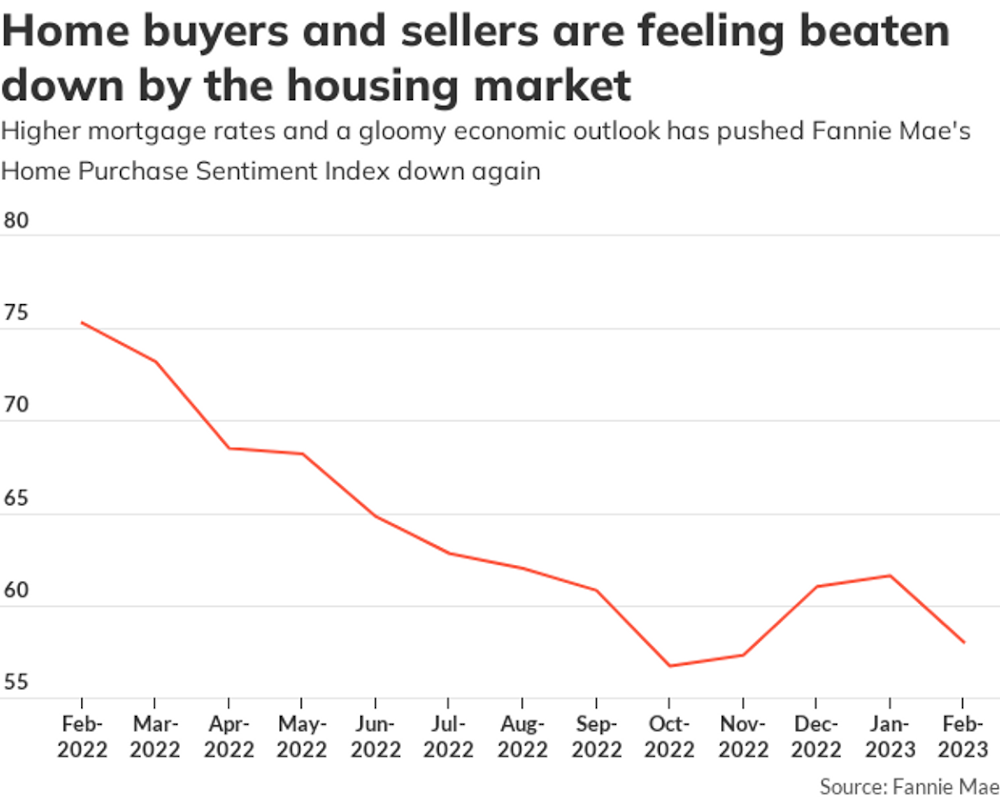
No se Confundan, Don Emilio Ganador.
Amid the profits made by investment banks from credit markets in the first half of the year, European debt underwriting stands out. First-half fees of $3.3 billion were just 11% less than the $3.7 billion in the bumper first half of 2007, Thomson Reuters/Freeman & Co. data show, despite the vaporization of the asset-backed securities market, previously a major income generator. Unlike some of the other contributors to this year's profit pool, it looks sustainable.
Europe's achievement is a consequence of a shift to public capital markets and away from bank lending. That has led to a huge surge in issuance, accompanied by a rise in margins: Bankers estimate corporate fees are up about 30%. By contrast, U.S. fees of $3.7 billion are still 40% below their precrisis peak.
Sure, fees might see some pressure in the second half of the year: Corporate-bond issuance is expected to slow, although that should be partly balanced by increasing bank debt issuance and high-yield deals. Freeman estimates the global debt fee pool this year may hit about $15.3 billion, roughly a half more than in 2008.
The winners are likely to be banks with strong franchises and debt teams. Traditionally, the global league table has been ruled by banks with a deep U.S. presence, reflecting the size of the U.S. market. J.P. Morgan Chase, Bank of America and Citigroup topped the first-half fees table, with Barclays and Deutsche Bank rounding out the top five. But as the European market grows in importance, other European banks such as BNP Paribas and HSBC Holdings have an opportunity to join the top table.
Europe's achievement is a consequence of a shift to public capital markets and away from bank lending. That has led to a huge surge in issuance, accompanied by a rise in margins: Bankers estimate corporate fees are up about 30%. By contrast, U.S. fees of $3.7 billion are still 40% below their precrisis peak.
Sure, fees might see some pressure in the second half of the year: Corporate-bond issuance is expected to slow, although that should be partly balanced by increasing bank debt issuance and high-yield deals. Freeman estimates the global debt fee pool this year may hit about $15.3 billion, roughly a half more than in 2008.
The winners are likely to be banks with strong franchises and debt teams. Traditionally, the global league table has been ruled by banks with a deep U.S. presence, reflecting the size of the U.S. market. J.P. Morgan Chase, Bank of America and Citigroup topped the first-half fees table, with Barclays and Deutsche Bank rounding out the top five. But as the European market grows in importance, other European banks such as BNP Paribas and HSBC Holdings have an opportunity to join the top table.



















No hay comentarios:
Publicar un comentario